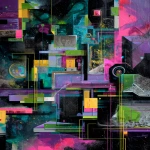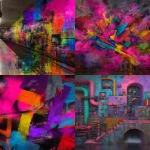Explore the Best AI Image Gallery

Quantum Leaps: How Quantum Computing Is Reimagining the Creative Industry
The world of creativity is on the cusp of a paradigm shift. While artists have always pushed boundaries, a new force is emerging – quantum computing – poised to reshape the creative landscape in profound ways. This revolutionary technology, harnessing the principles of quantum mechanics, promises unparalleled processing power and the ability to solve problems beyond the reach of classical computers. Its impact on the creative industry is already being felt, with exciting applications spanning art, design, music, storytelling, and more.
Quantum Computing: A Creative Catalyst
Imagine a world where artists can manipulate light and sound at the quantum level, generating stunning visual and auditory experiences. This is no longer science fiction; its a reality within reach thanks to quantum computing.
- Art Generation: Quantum algorithms can be used to create entirely new forms of art, from generative paintings that evolve in real-time based on viewer interaction to immersive sculptures that respond to the environment.
- Music Composition: Quantum computers can compose complex musical pieces with unprecedented levels of nuance and sophistication, exploring harmonies and rhythms beyond human comprehension.
- Design Innovation: From fashion to architecture, quantum computing can accelerate design processes by simulating materials, optimizing structures, and generating innovative concepts at an accelerated pace.
Beyond the Canvas: Quantum Storytelling and Immersive Experiences
Quantum computing is poised to revolutionize storytelling, allowing for interactive narratives that blur the lines between reality and imagination.
- Personalized Narratives: Imagine stories that adapt in real-time based on viewer choices, creating a unique and immersive experience for each individual.
- Multi-Sensory Immersion: Quantum technologies can generate realistic sensory experiences, from haptic feedback to olfactory simulations, immersing viewers in the story on a deeper level.
- Quantum Games: The possibilities for interactive gaming are endless. Quantum computers could create games with emergent gameplay, unpredictable outcomes, and truly immersive worlds.
Navigating the Ethical Landscape
While the potential of quantum computing in the creative industry is undeniable, it also raises important ethical considerations:
- Ownership and Copyright: Who owns the copyright to artwork generated by a quantum algorithm? How do we ensure fair compensation for artists whose work is used to train these algorithms?
- Bias and Representation: Quantum algorithms are trained on data, which can reflect existing societal biases. Its crucial to ensure that these algorithms promote diversity and inclusivity in creative outputs.
- Access and Equity: Quantum computing is a resource-intensive technology. We need to ensure that its benefits are accessible to all creators, regardless of their resources or background.
The Future of Creativity: A Quantum Leap Forward
As quantum computing technology continues to advance, its impact on the creative industry will only grow more profound. This is a time of unprecedented opportunity for artists, designers, and innovators to explore new frontiers, push boundaries, and redefine whats possible.
By embracing ethical considerations and fostering collaboration, we can harness the power of quantum computing to unlock a future where creativity knows no bounds.











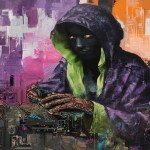

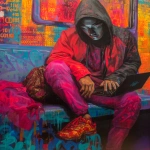
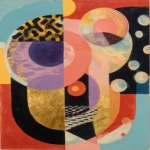










](https://images.ai-img.art/thumbnails/150/664a559b73eaff070d6f7fc7b3b151718aef9fa3a3f12f90b3c9092ceaa3cb56.webp)
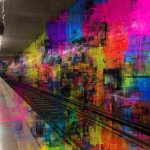
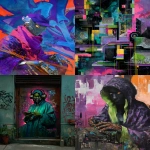


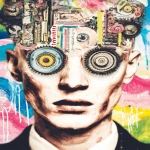

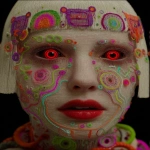
](https://images.ai-img.art/thumbnails/150/33d5e6d1da2b8ec2c4b8eab20d051c27c26d7a4991a77faf06fd03e96617fb1e.webp)
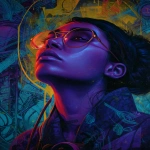

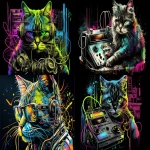







](https://images.ai-img.art/thumbnails/150/1aa8215ea9a4f6970e81a10bdb4feb3b08d5e1a202c3c7ed2c9380f2f63d5a74.webp)

